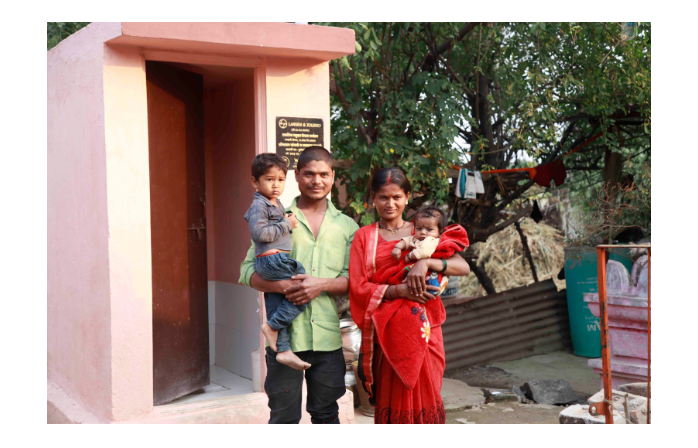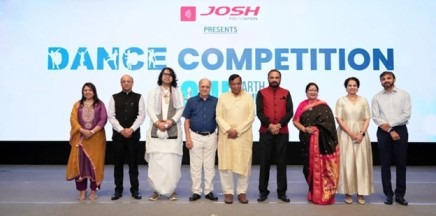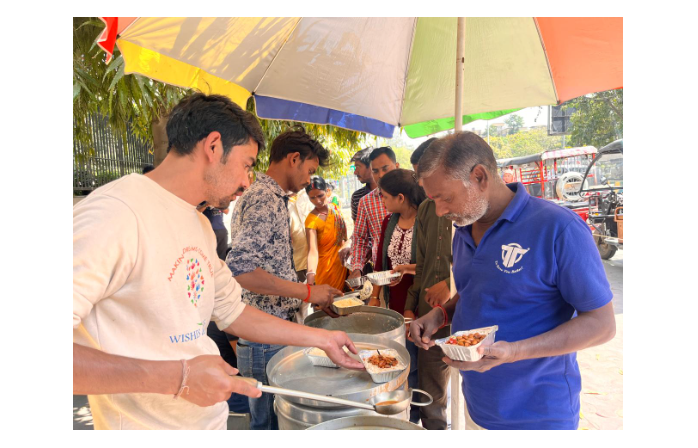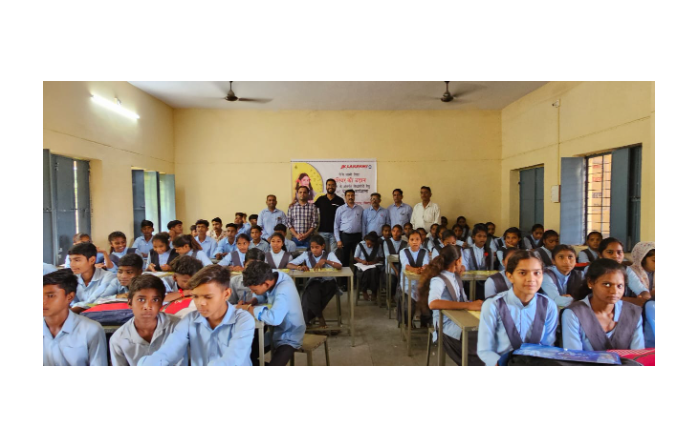WATSAN - Biogas for Waste Management in Rural-Tribal Areas of India
By- CInI
December 23, 2020
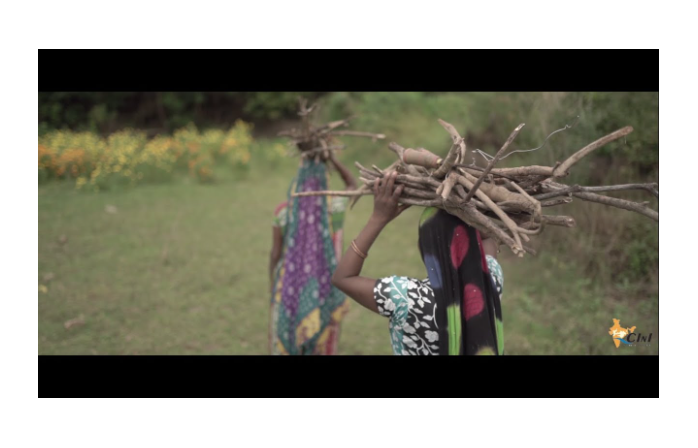
CInI
Dahod is home to many tribal communities and these communities depend on agriculture for living. Along with agriculture, they also rear animals. Because of this, the waste found here is mostly biodegradable unlike urban areas. It is usually dung or animal waste and agricultural waste.
Sujit Kumar, Team Leader, CInI-West says, - ‘So, one of the areas that we are working in was looking at how do we use the biomass waste that is available or the cow dung which was one of the major problem statement in the communities that we were working with. So there we thought pf looking at – How do we bring the best use of the available cow dung that is there? It would mean introducing improved efficient biogas, which will be basically converting the biomass into renewable energy.’
Mahesh bhai Parmar, Beneficiary, Kamboi village, Dahod, says – ‘I have installed a biogas plant in my backyard. Now we don’t have to collect wood or get any other fuel. This fuel is sufficient for our kitchen and my family.’
90 Biogas Plant have been installed to promote waste management in rural tribal areas as of 2019. With this initiative, CInI don’t just aim to manage the waste well, but to facilitate the communities with a sustainable and cleaner energy alternative.
Aside from waste management, the community members get a clean source of energy in form of the biogas produced. This gas is used for cooking food at homes. The remaining animal dung waste from the biogas plants is used as a fertiliser for agriculture; this byproduct enriches the soil and gives a better crop. Biogas is not just an economically viable option, but also a sustainable one.
Source

Collectives for Integrated Livelihood Initiatives (CInI), Jamshedpur, established on May 17, 2007 is a nodal agency of the Trusts, anchoring the Central India Initiative.
© Renalysis Consultants Pvt Ltd



.jpg)

